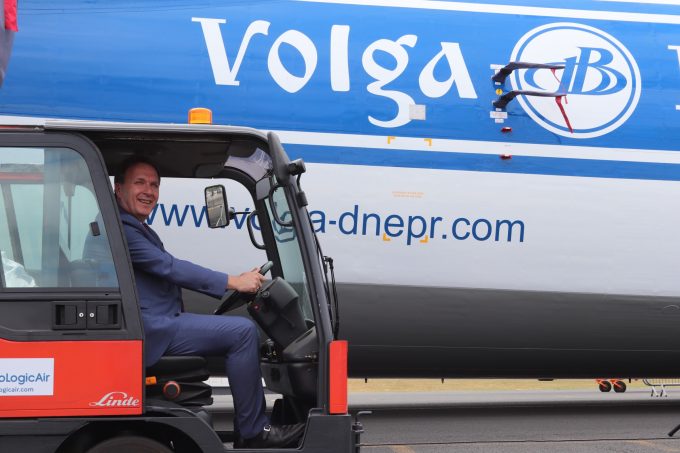Niche charters the key to post-pandemic growth for Magma Aviation
Magma Aviation CEO Conor Brannigan has seen considerable change in the market since last summer, ...

Volga-Dnepr has broken its silence over its decision to stop working with brokers, as well as on a recent spate of staff changes at the group.
The Russian carrier defended its plan to work with forwarders instead of charter brokers, claiming it is a strategic move that supports its cargo supermarket model – a one-stop shop for several aircraft types, providing a breadth of solutions to forwarders.
In an interview with The Loadstar, vice president sales and marketing for the group, Robert ...
Volcanic disruption at Anchorage could hit transpacific airfreight operations
Macron calls for ‘suspension’ – CMA CGM's $20bn US investment in doubt
De minimis exemption on shipments from China to the US will end in May
Forwarders stay cool as US 'liberation day' tariffs threaten 'global trade war'
Shippers snap up airfreight capacity to US ahead of tariff deadline
Looming Trump tariffs will create 'a bureaucratic monster' for Customs
Mixed response in US to 'Liberation Day', while China leads wave of retaliation

Comment on this article